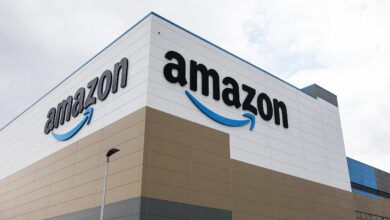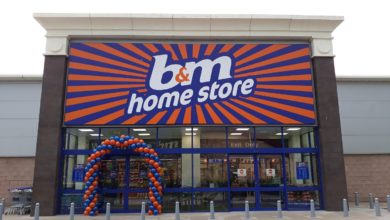What can the West learn from Amazon China’s failure?
Amazon China did not do enough to build on brand reputation, and it is only until they can appease the demands of an increasingly connected and experience-orientated consumer base that they have a chance of challenging the giants in the East.







